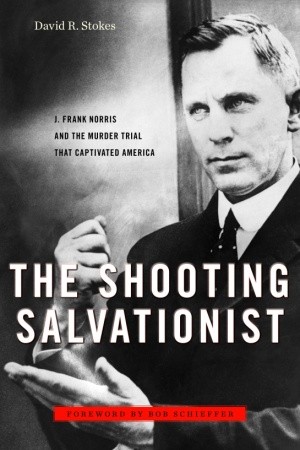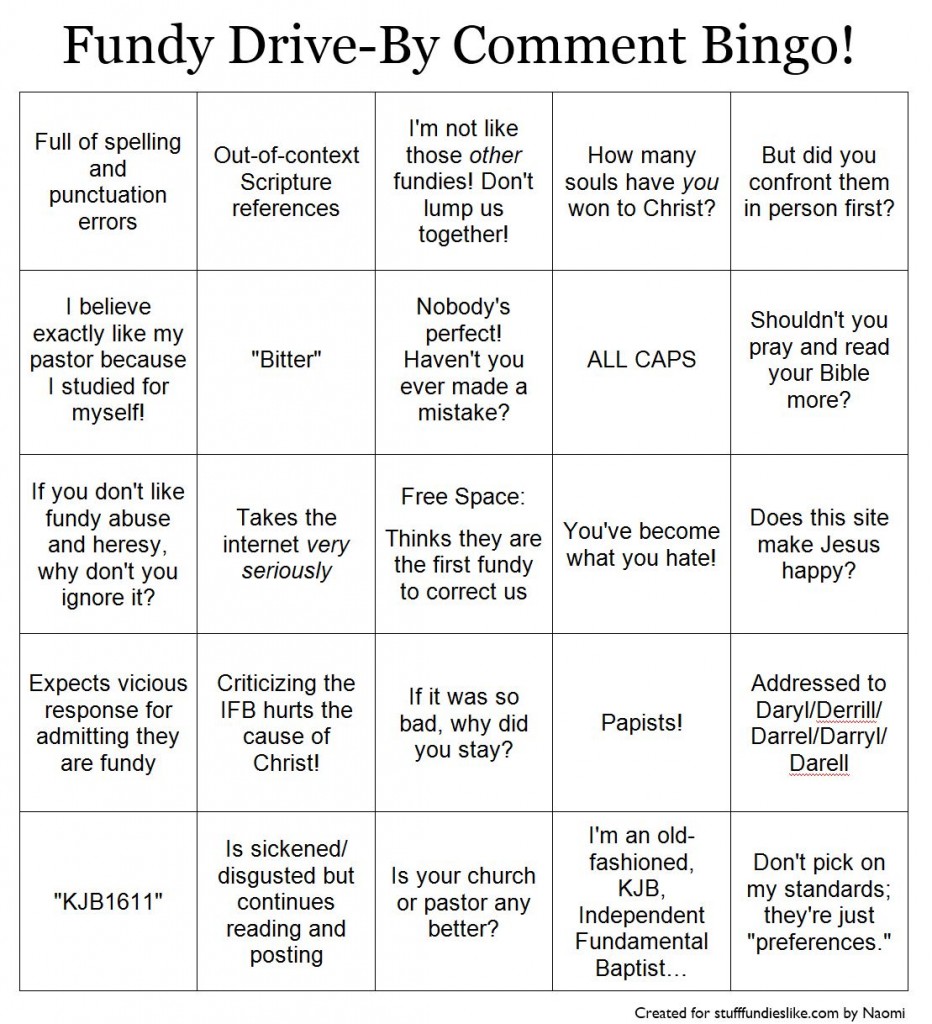
There is a mythology in Baptist fundamentalism that when the movement started out in the early 1900s it was a pure movement with good, godly men who only possessed the best of intentions. We are told by defenders of the “old paths” that it is only in the last few decades that fundamentalism started to inexplicably go horribly wrong. Fundamentalism was so much better off when represented by men like…J. Frank Norris.
In the book The Shooting Salvationist: J. Frank Norris and the Murder Trial that Captivated America , author David R. Stokes gives some insight into the life and legacy of a fundamentalist preacher with a name which is still breathed in reverent tones in the halls of fundamentalism. But as Stokes records, the legacy of J. Frank Norris was, in short, a holy mess.
, author David R. Stokes gives some insight into the life and legacy of a fundamentalist preacher with a name which is still breathed in reverent tones in the halls of fundamentalism. But as Stokes records, the legacy of J. Frank Norris was, in short, a holy mess.
J. Frank Norris was the son of an alcoholic father and spent his childhood poor and abused. After surviving being shot three times while attacking a man who was fighting with his father, Norris had a conversion experience and decided to enter the ministry. He went to seminary and within a few years he found himself the pastor of the prestigious First Baptist Church in Fort Worth, Texas. It was a meteoric rise that was fueled in no small part by his own personality and love for controversy. As Stokes writes, “to his die-hard followers he was a warrior, prophet, hero, their prophetic voice crying in the wilderness.”
In true fundamentalist fashion, Norris was certainly never one to back down from a fight and if there wasn’t a fight available, he would inevitably start one himself. He was constantly involved in political wrangling, butting heads with local city officials and wielding political influence via the local KKK chapter. In fact, the local Grand Wizard of the KKK was a member of the First Baptist Church. Norris even started a radio station and his own newsletter and routinely preached on local politics in his Sunday messages.
It was after one such episode of accusing the local mayor and city employees of being part of a Catholic conspiracy to ruin the nation that a lumberman named D.E. Chipps who supported the mayor entered the offices of the First Baptist Church to threaten to harm Norris if he didn’t stop spreading accusations. Norris shot him and left him to die on the office floor. What followed next was a trial that captured the attention of the nation as a supposed minister of the Gospel stood accused of gunning down an unarmed man. That trial is meticulously documented for in the last 160 pages of this book and it’s well worth reading for the fascinating human drama it unfolds.
It is impossible to know for sure exactly what happened in the offices of the First Baptist Church that day when Norris decided to pull his gun and fire. But there’s a larger point that leaps from the pages of this book for any student of Baptist fundamentalism and that is that the confrontation which preceded the murder should never have happened. Norris was not confronted for preaching the Gospel, he was threatened for preaching politics and launching personal attacks. He was not suffering for Jesus but rather for John Franklyn Norris.
For those of us who have grown up in fundamentalism some of the themes of this story will be all too clear. The conflation of Jesus with personalities and politics. The spinning of scandals from the pulpit. The lionization of a pastor who is surrounded by controversy. The fiercely loyal single female secretary who when asked by a reporter why a minister would shoot a man could only repeat “We have faith in the Living God!” and refused to say more. Even the sermons on booze, Southern Baptists, and global Catholic conspiracies will remain eerily familiar.
The best summary of the entire affair was perhaps given by Mr. Toomer editor of the Fort Worth Press who David Stokes quotes as saying:
“[Norris] would be of infinitely greater service to his people if he would forget his continual personal bickering and approach more nearly ‘the mind which is in Christ Jesus’ the example which I am sure it would be any man’s greatest desire to emulate.”
Amen and Amen.


